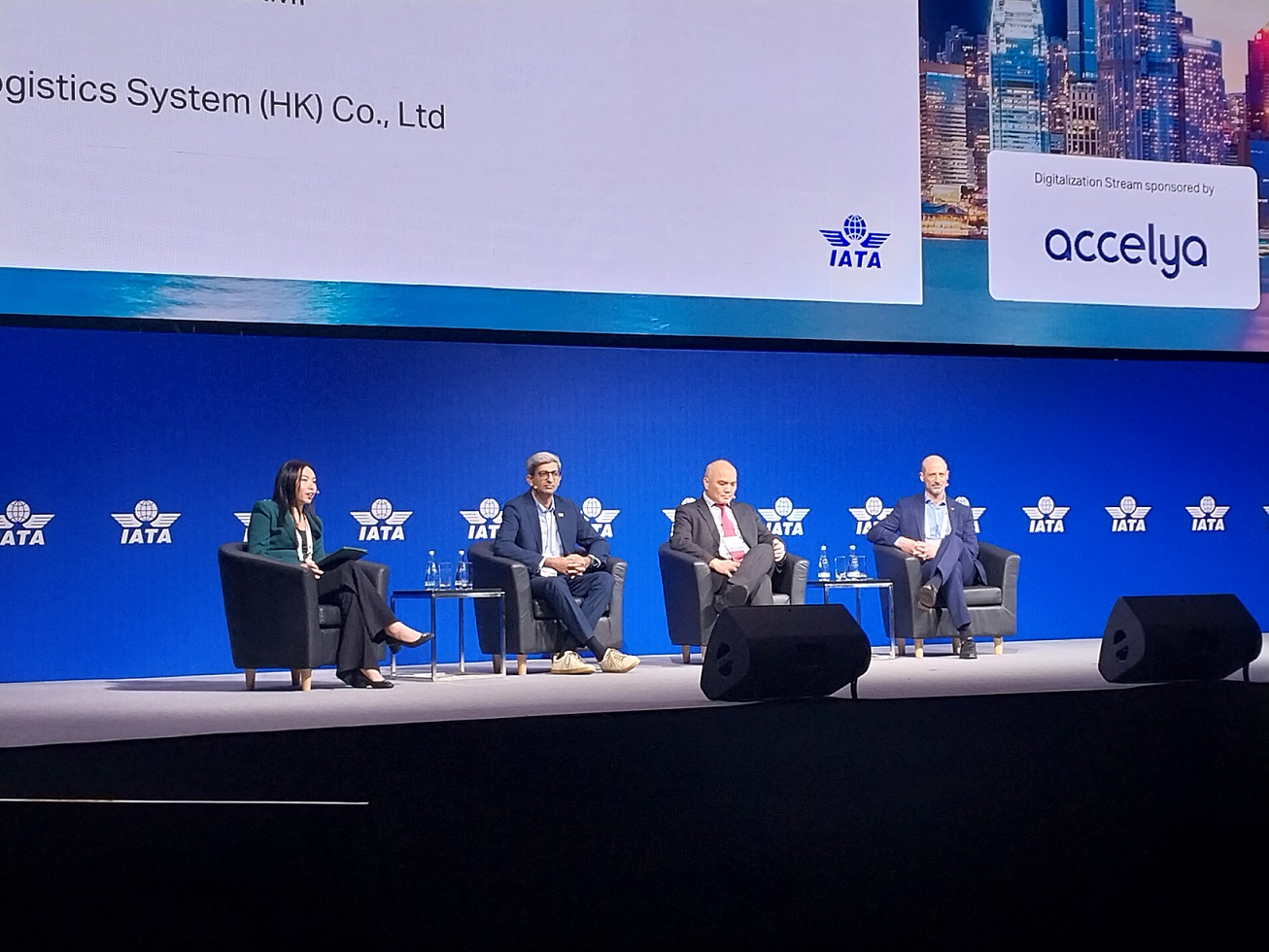ONE Record to deliver benefits but also challenges
13 / 03 / 2024

Source: Air Cargo News
IATA’s ONE Record project is set to deliver many benefits to the industry but there are also challenges to the implementation of the standard, according to speakers at the IATA World Cargo Symposium.
During a panel discussion on air cargo digitalisation, CHAMP chief commercial officer Nicholas Xenocostas said that there was a “lot of excitement and motivation” around the IATA-led ONE Record data sharing standard.
He identified three areas where the project will benefit the air cargo industry; competitiveness, accuracy and future-proofing.
“We have been talking for years about increasing visibility and transparency and I feel ONE Record will be the catalyst for that,” he said.
“It also provides a single source of truth. In ONE Record you go and fetch data from the source so by definition, the data quality will be better. There will be fewer errors and more consistent data.
“It will also help future proof because we are removing the limitations of the current protocols.”
However, Xenocostas added that there were also several challenges with getting the industry to adapt to the new standard.
For one, he said that while IATA’s had set a target for air cargo stakeholders to have ONE Record capability by January 1 2026, the reality is that multiple systems, such as paper, XML and cargo-IMP, were all likely to continue to be in use or some time yet.
IBS Software head of product management and strategy for air cargo Radesh Menon agreed that the running of various protocols would add complexity to the industry.
“That period where all of those technologies exist will be, from a process point of view, from a technology point of view and from a cost point of view, extremely expensive.
“The longer we have that hybrid period, it will be detrimental to the value that we actually want to generate from this.”
Xenocostas added that other challenges include concerns around data security and making sure that all stakeholders are involved.
“We have 1,000s of stakeholders in this industry and we need to think inclusively,” he explained.
“Not everybody is going to be able to move at the same pace, whether it is because they don’t have the same resources or funding, so we need to think about how we bring them along on the journey.”
Menon added that the project could be seen as a “bit geeky” and it was important to clearly communicate the benefits of using ONE Record to ensure all stakeholders are engaged.
Global Logistics System HK chief executive Simon Ng agreed that the role out of ONE Cargo could take some time, pointing out that on the passenger side it took 13 years for the industry to convert from the paper ticket to the e-ticket.
But he said that GLS offers a bridging technology that converts the older messages to suit the ONE Record standard, which should help supply chains where different protocols are utilised.













